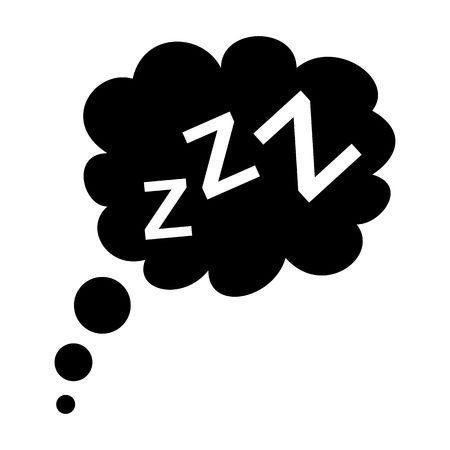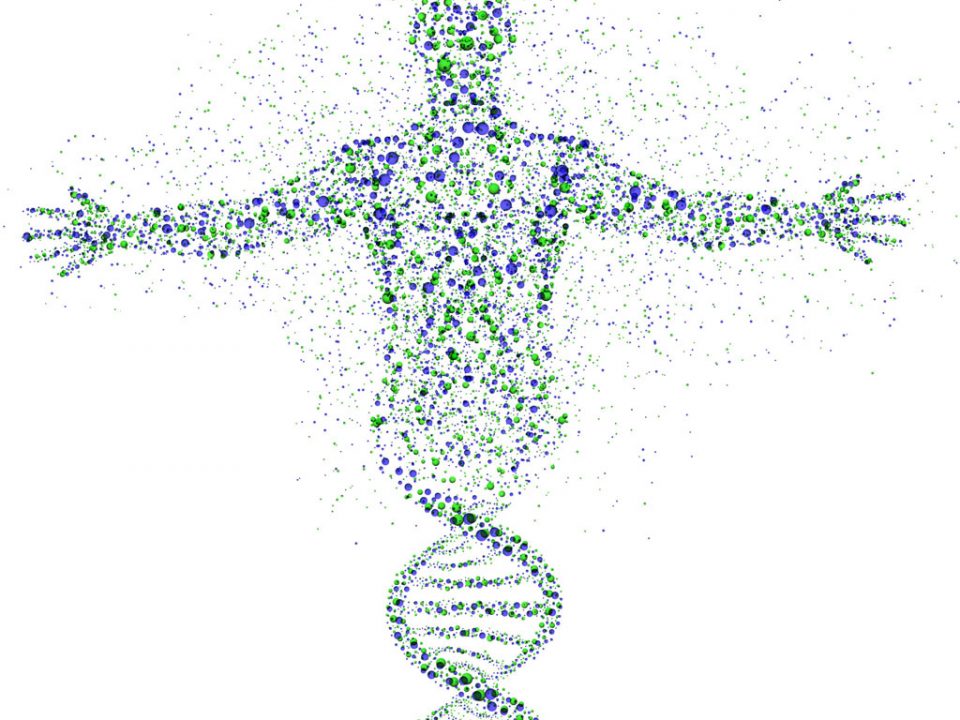Do you wake up every night at the same time? This is what it could mean.

What’s the deal with acne…with Annaliisa Kapp
July 24, 2019
Emotional Eating – What is it and how can I get a handle on it?
August 28, 2019One of the most fascinating and frustrating things about this business of being human, is that sometimes our bodies just go off the rails. A meal we’ve eaten a hundred times suddenly upsets our stomach, chocolate gives us headaches now, or we discover one unfortunate Wednesday night that we can no longer tolerate caffeine after about noon or so. Your days of a chocolate cake dessert with a fine shot of espresso are over. Welcome to mid-life. Oh, and more than one glass of red wine now gives you an eye-watering hangover. Poof!
Anyway, let’s talk more about the fascinating part.
Your body is a wonderland, seriously, of networks and systems. You’ve got nerves in every part of you, from the tips of your toes to the top of your head. Muscle fibers encase bones in a protective sheath, utilizing connective tissue at the joints allowing for maximum strength and flexibility. Hormones regulate your mood, sleep, appetite, and much more. Your respiratory system ensures enough life-giving breath makes it to your muscles, brain, and blood, to power you through each moment of the day. Circulation keeps everything moving, and your lymphatic system flushes away what’s not working for you anymore. You are a well-oiled machine and a miracle of science and nature, believe that.
One key way to get the most out of life as a human being is really to take all of this to heart. The very nature of your body is balance. Every part of you works in harmony with every other part of you, to ensure a well-rested, pain-free, happy, healthy you. If that’s not happening for you, there’s an area of imbalance somewhere. You’ll want to get at the root of it as quickly as you can.
Traditional Chinese Medicine (TCM) has what’s known as an “organ clock”, which is essentially a handy guide to the time of day each organ is functioning at its peak level and expending the most energy.
So if your disturbed sleep is wearing you out, take heart. Using the TCM organ clock, we’ve isolated some areas you might want to investigate, based on when you’re waking up at night.

10 pm- 11 pm: Hormones and Metabolism
Stressed out? Bad day at work? Did you just NOW think of the perfect comeback for that snarky comment from your coworker earlier? Sounds like you’re having trouble falling asleep in the first place. The best thing to do here is try to understand and fix the root causes of your stress. When you are constantly stressed out, your body is in a state of panic, basically. Fight or flight. Fighting gets the old adrenaline pumping. Fighting constantly, well that’s exhausting. Next stop, adrenal fatigue.
Metabolism comes into play where sleep is concerned too. Studies have shown a connection between the quality of sleep and a higher BMI (Body Mass Index). What’s the connection? In short, poor sleep disrupts the body’s leptin levels.
Leptin is a protein that helps regulate how your body processes and stores food. Not enough leptin? What to do with all these calories? Store ‘em as fat! That’s your sleep-deprived bod talking.
11 pm- 1 am: Gallbladder
Feeling resentful or indecisive? In Chinese medicine, the gallbladder and sleep are closely intertwined, and issues with the gallbladder often manifest as sleep problems.
On an anatomical level, the gallbladder secretes and stores bile, which is used to break down and digest food. It’s not as functional when you’re sleeping, because you’re not eating. But if you find yourself waking up just a few hours after falling asleep, it might be a sign that your gallbladder is working overtime, and it doesn’t need to.
Bile is not something you want too much or too little of. Too much can be an irritant (hi, resentment), and too little will give you trouble digesting the food you ate.
1 am- 3 am: Liver
Have you been irritable, frustrated, or angry? The connection between poor sleep and liver problems is a strong one, and folks who investigate their 1-3am sleep issues sometimes find their liver in need of re-balancing.
On an emotional level, the liver is strongly connected to anger, which is interesting because physically it’s a filtering organ, meant to process toxins. Got toxins? You’re not alone, and there are a lot of ways you can detox your liver. Dandelion tea and some quality “me” time are two simple but effective ways.
3-5am: Lungs
In TCM, breath is life, and life is qi (pronounced: chi). Life is energy, life is the force moving through you. Your lungs have this very important job of breathing you, for moving the life force around you, nourishing every part of you.
Has something sad, or tragic happened lately? Something that took your breath away? If you find yourself awake between 3 and 5 am, your lungs might be trying to recover. Wheezing and shortness of breath are two other obvious signs of imbalance. Understanding the root cause of any lung issues will go a long way in supporting every part of you that needs breath.
5am-7am: Large Intestine
On a physical level, the large intestine is responsible for processing and elimination of waste. On an emotional level, it’s all about “letting go”. This organ is most active between 5 and 7 am, so it’s likely no surprise it’s also a good time to have a bowel movement.
If there’s an imbalance in this area, it will manifest as an inability to let go, either physically or emotionally. Constipation on the physical side, and depression, sadness, and even apathy on the emotional side, are indicators of an issue worth addressing here.
Good Night!
Waking up at night – any time of night – is a disruption to your body’s normal rhythms and is no fun! Using the TCM organ clock is one way to pinpoint problems and correct them, but it’s also great to develop proper sleep hygiene practices in general.
The CDC (Centers for Disease Control) recommends sticking to a regular bedtime schedule, a cool and dark sleeping environment, no big meals, caffeine, or alcohol before bed, and removing electronics from your sleeping environment too.
Now get some sleep, you.

SOURCES:
- www.healthy-holistic-living.com
- TCM Organ Clock, http://naturopathicbynature.com/traditional-chinese-medicine-organ-times/
- Leptin, https://www.ncbi.nlm.nih.gov/pmc/articles/PMC2929498/
- Gallbladder, https://www.ncbi.nlm.nih.gov/pmc/articles/PMC3414091/
- Liver, https://www.naturmend.com/blog/2013/04/09/the-connection-between-sleep-and-the-liver/
- Large Intestine, https://fiveseasonsmedicine.com/the-large-intestine-channel-letting-go-of-whats-not-needed/
- Sleep Hygiene, https://www.cdc.gov/sleep/about_sleep/sleep_hygiene.html






